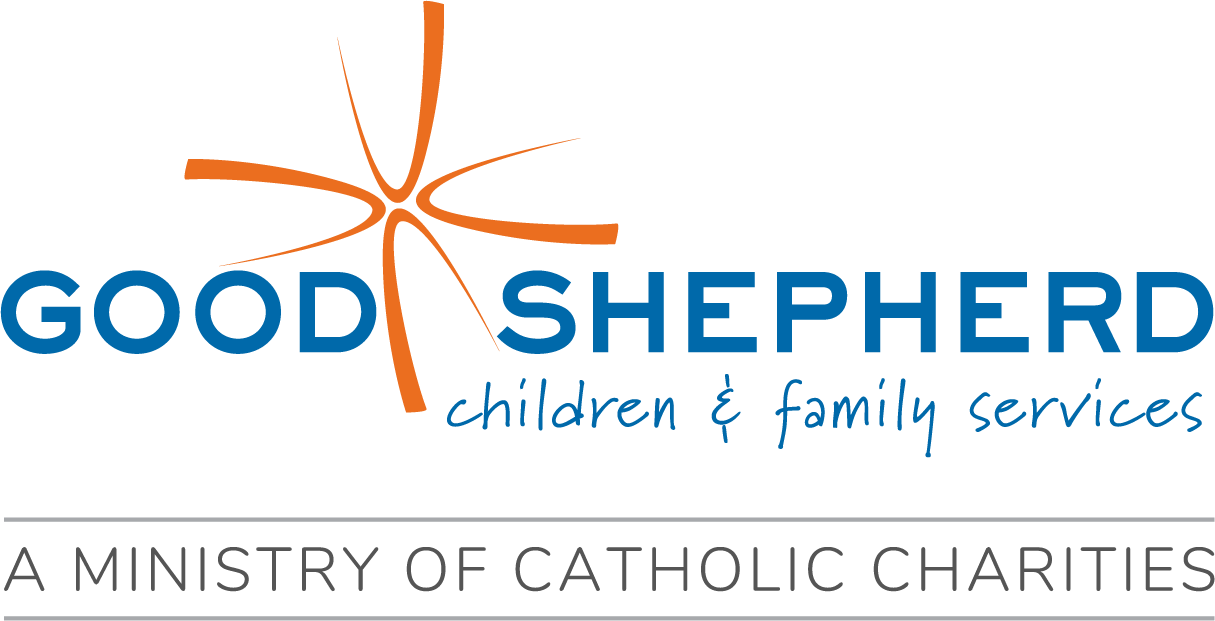Working with Birth Families
Families considering fostering are often concerned or just curious about working with a child’s birth family. What do these relationships look like? Is it safe for my family and healthy for the child? These are a few of the frequently asked questions. To answer these questions we talked with foster and adoptive parent, Dawn, about how she has navigated these complex relationships.
Dawn became a foster parent in 2014 and explains that it has been most helpful for her to understand the birth family’s experiences and history. This helps her to understand their strengths, limitations, and provides a better understanding of their choices and behaviors.
In spite of the crazy stories she had heard in the news or common misconceptions about foster care, through experience, Dawn has learned that the parents are often “Good people that made bad choices”. This understanding helps her to move past the negative and take the first steps to forming a relationship with a family member, which could be a parent, sibling, or extended family such as a grandparent or aunt. She recommends being as involved as possible in the visits, court hearings, and meetings and when given the opportunity to “listen and HEAR” the family if they choose to share their story.
Once a working relationship is established with the birth family, sharing information about the child’s care and progress is a simple way to continue to build trust. Dawn suggests providing photos or school work, phone calls, and additional visits. Although she does advise that setting clear and healthy boundaries is important. One way to accomplish this would be to provide a private phone number that information can be shared on with a service such as Google Voice. Sending a notebook with information about the child’s daily activities, back and forth between visits, also allows the parents to receive and share information with the foster parent.
Dawn keeps in mind that although a child’s family members are not able to care for the child, this does not mean they do not love the child. Continuation of important relationships for the child is a protective factor that may promote better foster care outcomes, increased emotional stability and resiliency, and overall well-being for the child.

 Get Help Now
Get Help Now








